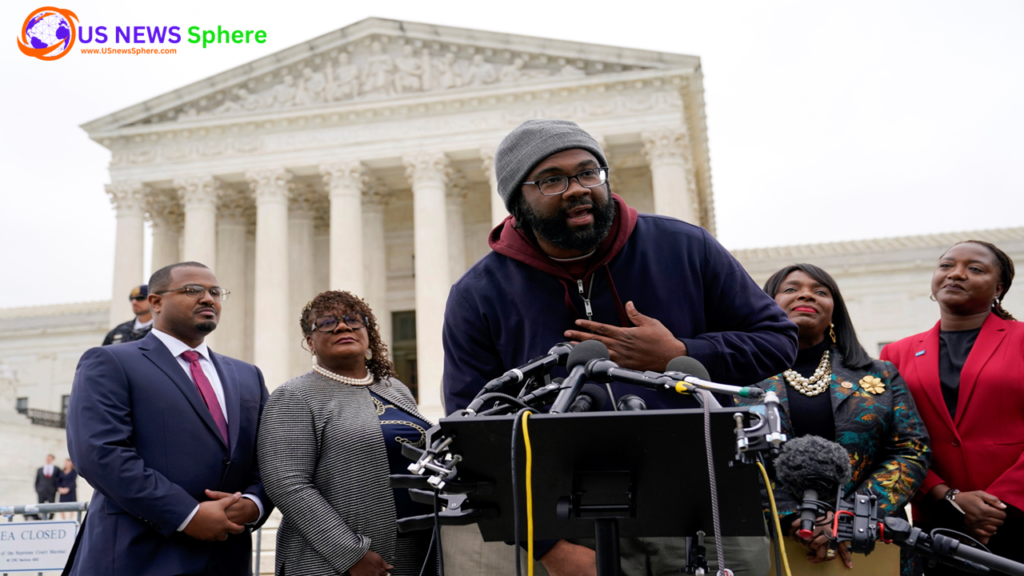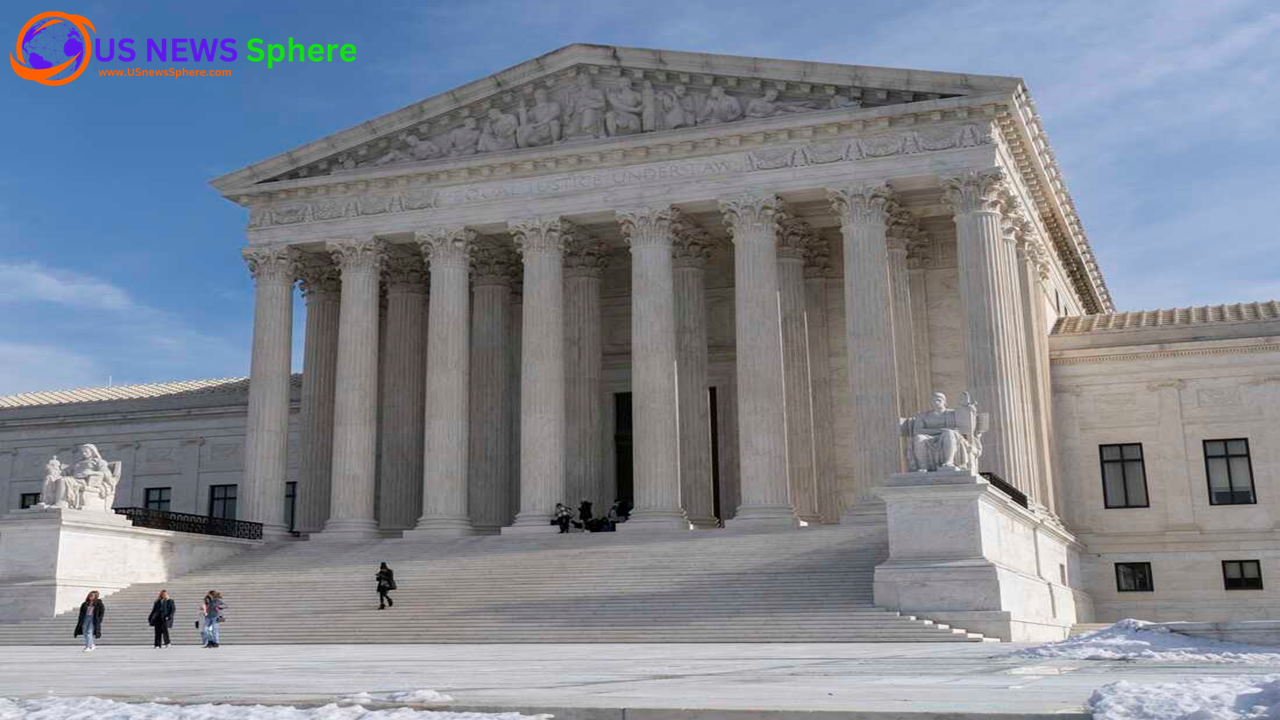In a pivotal decision, the Supreme Court has once again stood firm on its stance towards equal representation, rejecting Alabama’s emergency appeal against creating a second majority-Black congressional district. This move is anticipated to have far-reaching implications, not only in Alabama but potentially across the nation, especially in the upcoming 2024 elections.

Alabama Republicans pitch congressional map with one majority-Black district, even though the Supreme Court of Alabama
Table of Contents
Upholding the June Ruling
The Supreme Court’s one-line order is a clear indication that the sentiments within the court remain unchanged since June. Back then, in a closely contested 5-4 decision, the court had supported a lower court’s directive for Alabama to redraw its congressional map. The objective was clear – to incorporate a second majority-Black district or something closely resembling it, reflecting the state’s 27% Black population.
Political Repercussions in Alabama and Beyond
Currently, Alabama’s congressional delegation consists of six Republicans and one Democrat. However, the redrawing of district lines is likely to alter this composition, potentially adding another Democratic member to the mix. This development is particularly significant as Black voters in several other states undergoing redistricting have shown a tendency to lean Democratic.
Alabama’s Resistance to Change
Despite the Supreme Court’s June ruling, Alabama’s GOP lawmakers approved a congressional map with only one majority-Black district. This move was seen as a blatant disregard for the Supreme Court’s decision advocating for enhanced political representation for the state’s Black residents. The persistence of Alabama in this matter has been a focal point, drawing attention nationwide.
Judicial Concerns and Responses
A three-judge panel, including two appointees of former President Donald Trump, expressed their disturbance over Alabama’s actions. They invalidated the proposed map and called for the drafting of new lines. The panel emphasized their discontent, stating, “We are deeply troubled that the State enacted a map that the State readily admits does not provide the remedy we said federal law requires.”
Alabama’s Argument and Appeal
Alabama’s Attorney General, Steve Marshall, argued that the 2023 map adhered to legal standards even without a second majority-Black district. He emphasized that the new map maintained communities of interest and unified the Black Belt of the state. Marshall contended that the lower court had made a mistake in insisting on the creation of a second majority-Black district.
Challengers’ Perspective
Opponents of the map, represented by organizations such as the NAACP Legal Defense and Educational Fund and the ACLU, argued that the proposed map undermined the influence of Black voters. They accused the state of openly defying a decision made by the justices just three months prior and drew parallels with historical instances of states resisting civil rights remedies.
Conclusion:
The Supreme Court’s rejection of Alabama’s bid underscores the ongoing battle for equal representation and the significance of redistricting in achieving political balance. As Alabama redraws its congressional map, the nation watches closely, anticipating the potential ripple effects of this decision on the political landscape in 2024 and beyond. (USnewsSphere.com)[npr]
The Supreme Court has rejected Alabama’s attempt to avoid creating a second majority-Black congressional district, reinforcing its commitment to equal representation. This decision is set to impact Alabama’s political composition and could have nationwide implications in the 2024 elections. The court’s steadfastness, Alabama’s resistance, and the challengers’ stance highlight the complexities of redistricting and the pursuit of political equity.





